Summit condemns attacks in Gaza, urging UN to take 'decisive decision'
A rare and special summit of the Arab and Islamic world in the capital of Saudi Arabia has spoken out against alleged Israeli war crimes in the Gaza Strip and called for an end to the military operations and siege of Gaza.
A communique by the Joint Arab Islamic Extraordinary Summit hosted by Saudi Arabia in Riyadh on Saturday condemned Israeli aggression against the Gaza Strip and the "war crimes" and "brutal massacres being committed by the colonial occupation government against the Strip and the Palestinian people in the occupied West Bank, including East Al-Quds".
Leaders of the Muslim world refused to describe "this retaliatory war as self-defense or justifying it under any pretext". They included Saudi Crown Prince and Prime Minister Mohammed bin Salman Al Saud, Palestinian President Mahmoud Abbas, Iranian President Ebrahim Raisi, Turkish President Recep Tayyip Erdogan, Egyptian President Abdel-Fattah al-Sisi, and Indonesian President Joko Widodo.
In a joint news conference the same day, Israeli Prime Minister Benjamin Netanyahu, Defense Minister Yoav Gallant and Cabinet Minister Benny Gantz rejected growing international calls for a cease-fire, the Times of Israel reported.
Netanyahu said Israel's battle to crush Hamas will continue with "full force".
A cease-fire would be possible only if all 239 hostages held by militants in Gaza were released, Netanyahu said in a televised address.
He also insisted that after the fighting, Gaza would be demilitarized and Israel would retain security control there. Asked what he meant by security control, Netanyahu said Israeli forces must be able to enter Gaza freely to hunt down militants.
The Riyadh joint summit demanded that the UN Security Council take "a decisive and binding decision" that imposes a cessation of aggression and curbs the colonial occupation authority that violates international law, international humanitarian law, and international legitimacy resolutions.
Initially, the meeting on Saturday was expected to be attended by 22 members of the Arab League, but it broadened and included the Organisation of Islamic Cooperation, a bloc consisting of 57 Muslim-majority countries.
Rare meeting
At the summit, Raisi became the first Iranian president to visit the Gulf kingdom in years since ties between Saudi Arabia and Iran were restored through a China-brokered deal in March.
Ayman Yousef, a professor of international relations at the Arab American University in Jenin in the West Bank, said the call to persuade other countries not to export weapons to Israel was "something not easy to achieve".
Jasim Husain, a Gulf analyst and former member of Bahrain's parliament, said: "Really not many countries have influence over Israel, with the clear exception of the US."
The US has poured billions of dollars into its support for Israel. Following Hamas attacks on Israel on Oct 7, US President Joe Biden swept in to show support for Israel. The US House of Representatives on Nov 2 passed a bill that would provide $14.3 billion in aid to Israel.
Israeli leaders told the media on Saturday they urged Western leaders to throw their support behind the Jewish state.
Israeli officials revised the death toll in the Oct 7 attack to 1,200 instead of the earlier 1,400, with 240 taken hostage. But Israel's attacks on Gaza have killed more than 11,000 Palestinians, said Palestinian Health Minister Mai Al-Kaila on Saturday.
The Times of Israel reported that the Israel Defense Forces says humanitarian pauses in the northern Gaza Strip will continue to enable Palestinians to head to the south, citing the IDF's Arabic-language spokesman Avichay Adraee.
"What these Arab countries and Muslim countries can do at this stage is they can work to form an alliance, to establish an international alliance to put more weight on the United States to pressure Israel," said Yousef from the West Bank.









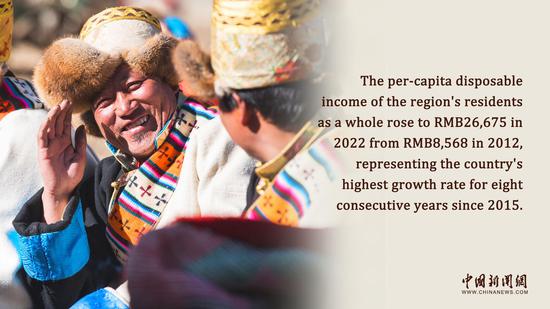
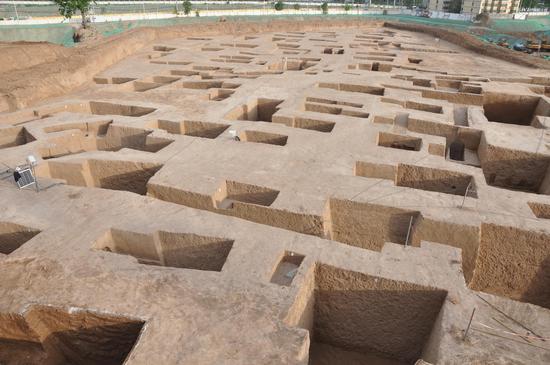
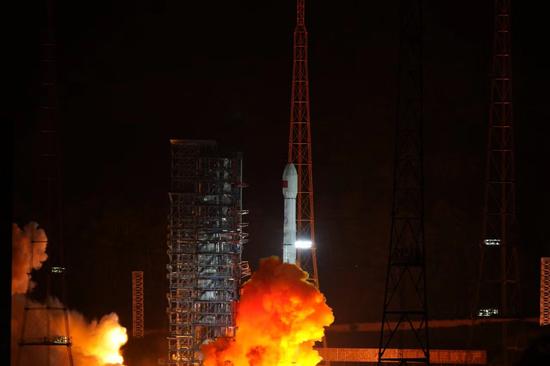




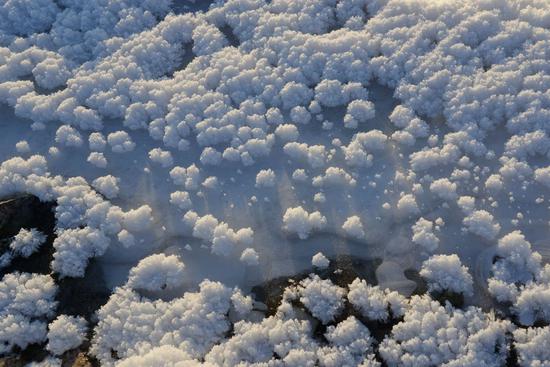

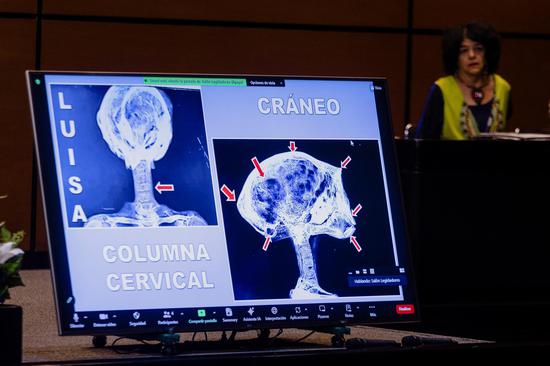
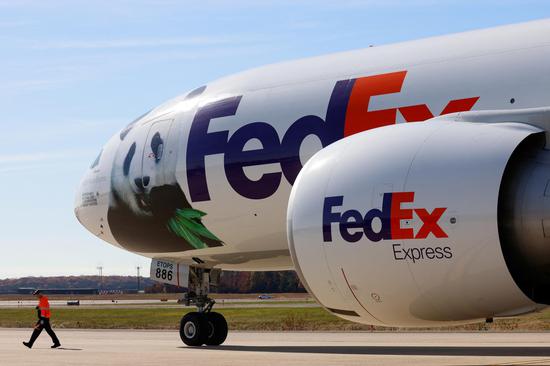

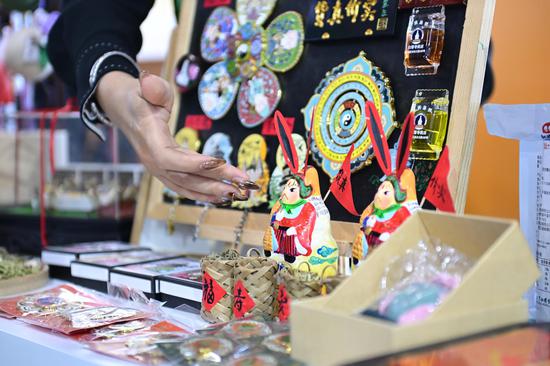
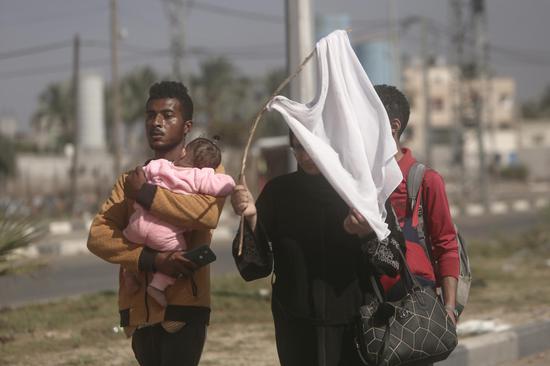


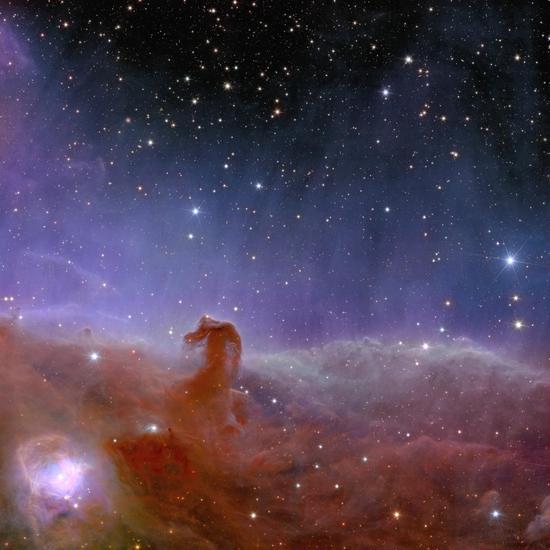


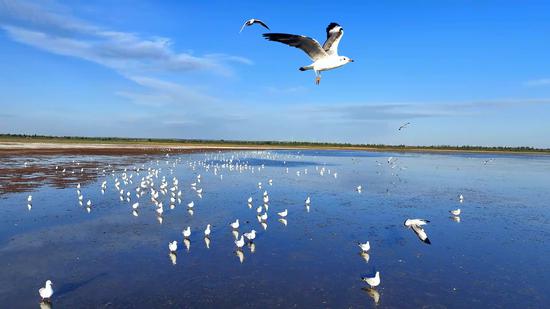
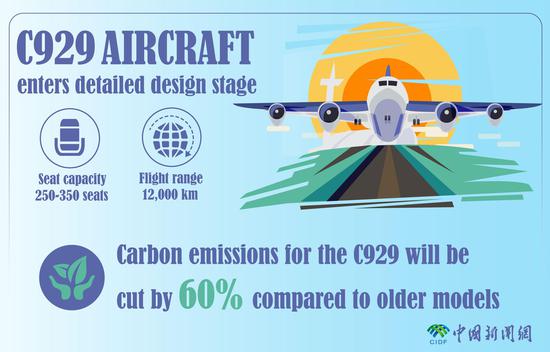
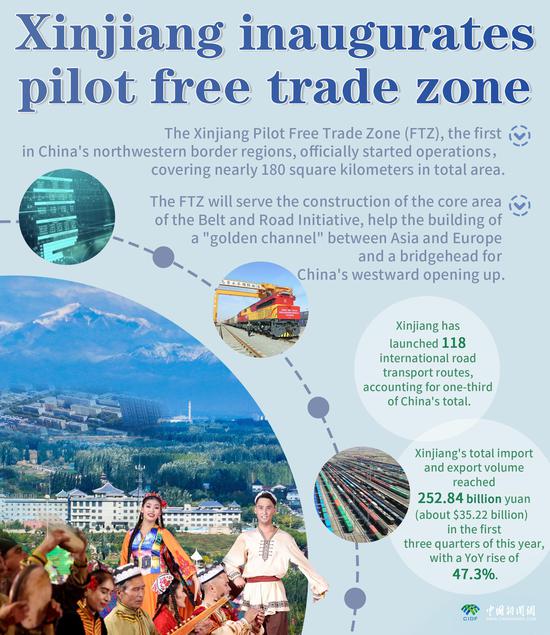




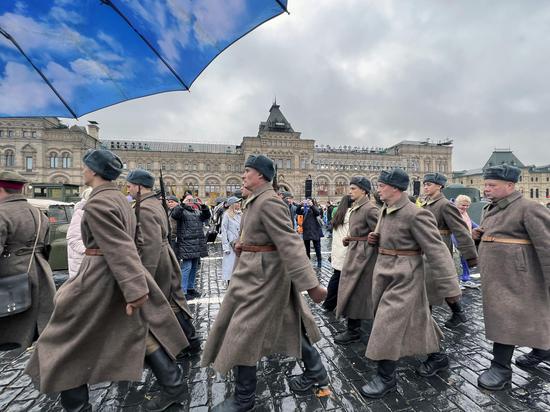
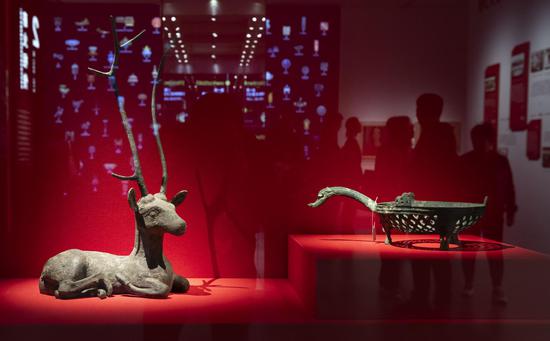
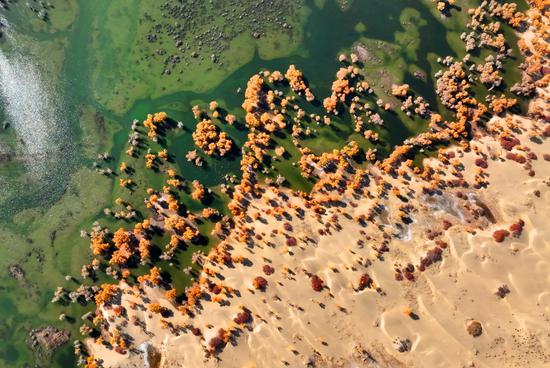
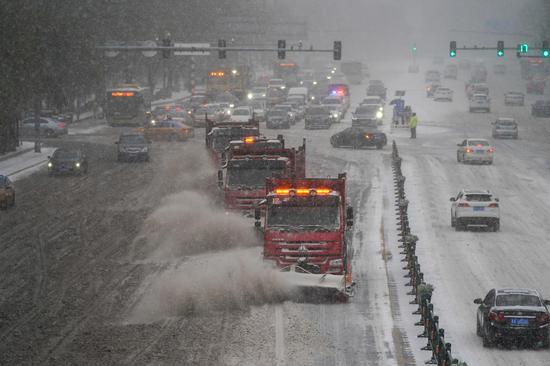


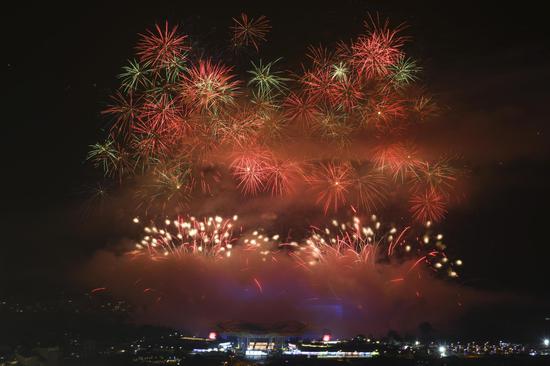

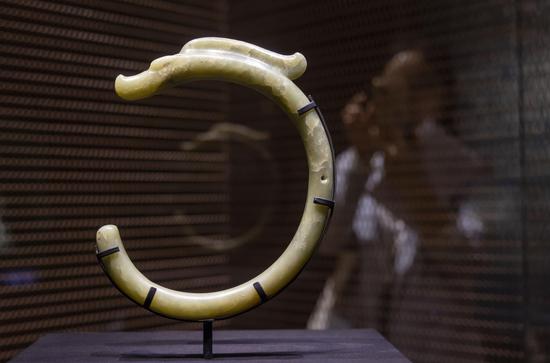






 京公网安备 11010202009201号
京公网安备 11010202009201号